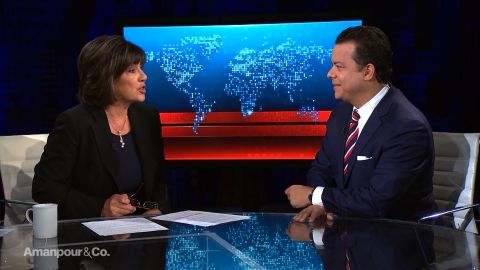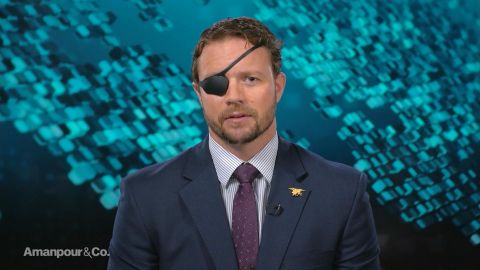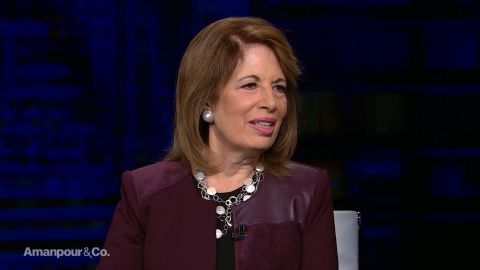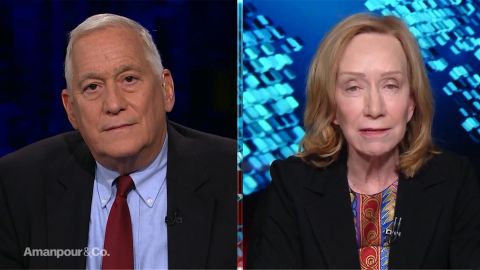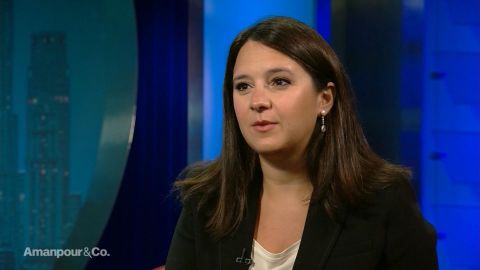Read Transcript EXPAND
CRENSHAW: Well, you know, we can’t sugar coat it. It’s going to be harder. You know, I wish we had kept the House, but it was looking like we were going to lose it and we did. I’m glad to see us gain some seats in the Senate. But we – we are moving into a – jeeze, a highly divided political environment and of course a divided government. And so – you know, and Democrats are saying it themselves, they’re going to use the next two years to – to – to – what they call hold accountable, but it’s really just endless investigations on the president. I don’t know if that’s really what our country needs, I don’t know if that’s healthy. We do know that they have a very different direction that they want to take the country. They want more government intervention in your healthcare, they have said they wanted to raise taxes. We’ll see if they actually go through with that. I would like us to find the things that we can work together on and some of those have been listed just in the last 15 minutes. And let’s work on those and let’s do what’s right for the American people.
AMANPOUR: So Congressman – and congratulations, Congressman Elect, would you – would you agree with what has been said on the program already and what actually President Trump said, issues of infrastructure, prescription drugs, maybe even somewhere down the line a rational immigration reform for this country. Do you think that those are workable going forward?
CRENSHAW: I think so. On infrastructure of course we always have to ask the question how do we pay for it, I’m very fiscally conservative. So, you know, we have to keep in mind the burdens that we want to place on our children and our grandchildren. But do we need infrastructure in this country? Yes. I mean one of the big issues in my district in particular is flood mitigation infrastructure. I need to be able to work with the Army Corps of Engineers to make sure that if we have another Hurricane Harvey event, Houstonians are going to be protected. So there’s probably some room to work together on that. I would add job training and apprenticeship programs, looking for private public partnerships on a way to expand middle skill labor in this country. I would add that to the list as well. And prescription drugs, absolutely, we need to lower the cost of prescription drugs. The president and, you know, the current Congress has actually been doing a lot working towards that goal and I see no reason why we wouldn’t continue to do so.
AMANPOUR: Before I get to the attempt to bring the country together and get your take on whether that’s possible, I want to ask you about the political climate in your state. It was pretty extraordinary, I don’t know whether you agree, but that Beto O’Rourke as a Democrat in such a red state did actually do as well as he did. He didn’t win, Ted Cruz did. But how do you analyze, you know, what happened?
CRENSHAW: Yes, you know, I won’t sugar coat this one either. Republicans did have a tough election night in Texas, the reality is he did not win. The other reality is is that I did feel like I was running against Beto this entire and not necessarily against my opponent. He ran a very strong campaign, he’s charismatic, he’s likeable. That being said, you could flip this around and say despite the fact that he’s so charismatic and so likeable, he still didn’t win because it’s Texas.
About This Episode EXPAND
Christiane Amanpour speaks with political commentator John Avlon, Reps. Jackie Speir and Dan Crenshaw, and presidential historian Doris Kearns Goodwin & Amanpour and Company co-host Walter Isaacson about the results of the U.S. midterm elections. Hari Sreenivasan speaks with New York Times Op-Ed writer and editor Bari Weiss.
LEARN MORE
